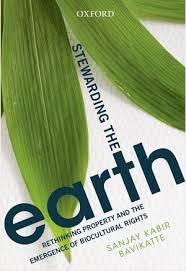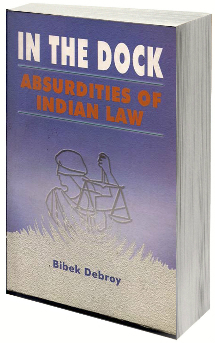Stewarding The Earth: Rethinking Property And The Emergence Of Biocultural Rights
By Sanjay Kabir Bavikatte(Author)
Environmental law is fast changing in the face of increased threats of an ecological apocalypse. Growing evidence of effective conservation practices by generations of communities with strong cultural and spiritual ties to the land has triggered a new discourse of 'biocultural rights'. Biocultural rights are community rights to stewardship of their lands and waters. Unlike private property rights, these refuse to conceive of Nature as a commodity with exchange value. Rather they secure the role of communities as trustees of their ecosystems and affirm the integral link between protecting these rights and environmental conservation. Weaving a fascinating tapestry of law, economics, anthropology and philosophy, this book insightfully deconstructs dominant notions of private property while making a powerful case for biocultural jurisprudence. Drawing on his years of experience as an international environmental lawyer and having represented indigenous peoples and advised governments, Bavikatte maps and argues for biocultural rights through compelling examples of environmental agreements, legislation, judicial decisions, and community practices.




